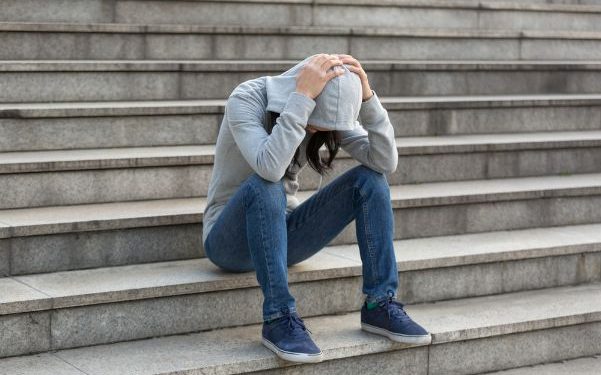Often, social situations can make us nervous and self-conscious. Everyone experiences these feelings at times, but for those who are socially anxious or have a specific fear of certain social situations, these feelings can build into a disorder called social phobia.
People who have social phobia experience intense fear and anxiety in certain social situations, such as giving a speech or talking in front of a crowd. This can be a serious problem. It can interfere with their lives in many ways, causing them to avoid going out with friends, getting jobs or even dating.
When a person with social phobia feels embarrassed or humiliated in a public situation, they can feel intense fear and anxiety. This fear and anxiety are usually out of proportion to the situation.
In social phobia, extreme shyness and self-consciousness can lead to severe fears that others will laugh at or criticize them. This can cause a person to avoid certain social activities, like attending a party or speaking in front of a group.
The fear can be so intense that a person will feel that everything they say or do is embarrassing and humiliating. They may also be unable to participate in social events like school plays, performances or sports because they fear that someone will judge them or embarrass them.
It can also prevent someone from asking questions in class, reading aloud or volunteering to help a teacher. This can hinder a student’s learning and keep them from gaining new skills that will help them in the future.
There are several different treatments for social phobia, including therapy and medication. It is important to talk to your doctor about these options.

Psychotherapy can help you uncover the root cause of your social phobia and work on changing negative thoughts about yourself. It can also teach you skills to deal with the symptoms of your social phobia.
You can start by practicing new behaviors to face your fears one at a time. For example, try eating with a friend or acquaintance in a restaurant. Practice making eye contact with them, purposely returning their greetings and showing an interest in them.
Using these strategies can reduce your fear of socializing and increase your confidence. Over time, these skills will become part of your normal routine.
Your doctor can also suggest medications that can help reduce your fear of socializing and decrease other anxiety symptoms. These medications can be given by mouth or through a syringe.
Be patient with yourself as you take the first steps to overcoming your social anxiety. Don’t rush into things or overdo it in any way. This could backfire and reinforce your fears, triggering them again.
When you are unsure of how to approach a situation that makes you nervous, ask yourself if it is the entire event or just part of it that bothers you. Then ask yourself whether it’s possible to have a positive experience in that situation.
Once you identify the social situations that cause you the most anxiety, you can begin addressing those fears one by one. You can start by working on small targets, then gradually move toward bigger ones.









